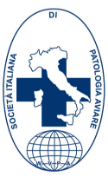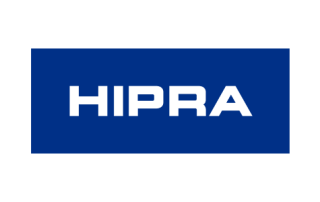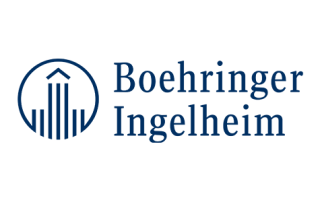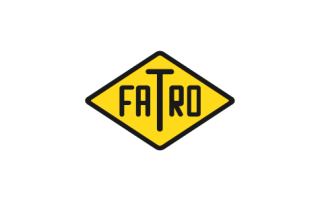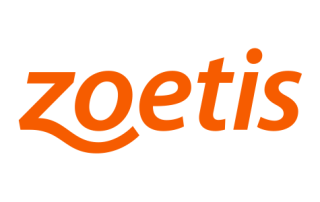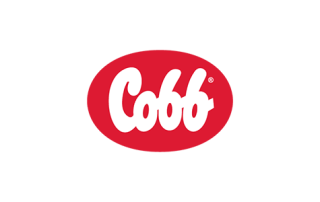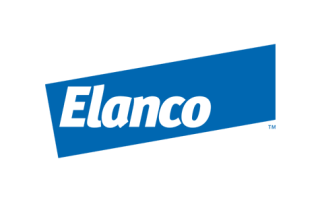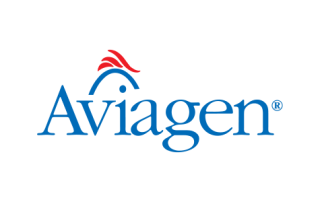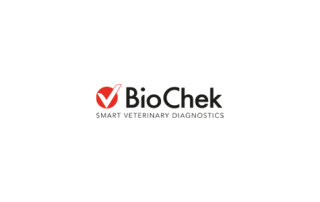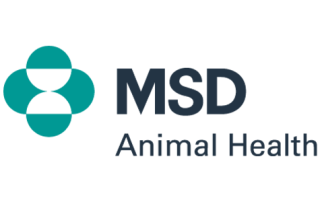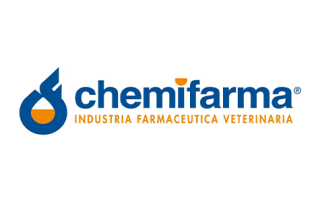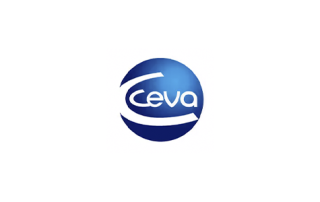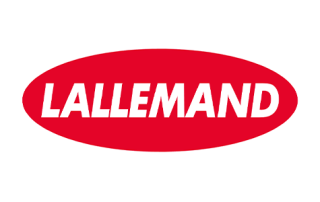Fiona M Tomley, Martin W. Shirley
Coccidiosis, an intestinal disease of intensively reared livestock, is caused by parasites of the genus Eimeria. Control of coccidiosis in poultry is absolutely essential because rearing large numbers of birds in contact with their faeces in moist, warm conditions favours the transmission, replication and rapid build-up of parasites in the litter. Without adequate control, outbreaks of severe coccidiosis are inevitable and devastating. Economically, the most important Eimeria species are the seven that infect chickens: Eimeria acervulina, Eimeria brunetti, Eimeria maxima, Eimeria mitis, Eimeria praecox, Eimeria necatrix and Eimeria tenella. Three species, E. acervulina, E. maxima and E. tenella are most frequently diagnosed in coccidiosis of intensively reared poultry so their control is usually top priority, especially in broilers.
For the past ~60 years coccidiosis has been controlled, for the most part, by in-feed prophylactic medication with a range of chemical and antibiotic (ionophorous) anti-coccidial drugs. Live vaccines, based on the established principle that chickens infected with small numbers of Eimeria parasites quickly develop protective immune responses against subsequent challenge with the same species of Eimeria, were introduced in the 1950’s. However, vaccination remained a very minor method of control until the late 1980’s when safer, live-attenuated vaccines were introduced and rapidly taken up throughout Europe and other parts of the world by the egg-laying sector of the industry. Coccidiosis control in the intensive broiler sector remained almost entirely dependent on drugs, due in part to the relatively high cost and limited availability of vaccines and in part to the cautiousness of producers in switching intensive operations over to non-drug based coccidiosis control. However, over the past 15 years anti-coccidial drugs have faced enormous pressures, especially within Europe where legislations on drug re-registration and on the administration of infeed substances to poultry have removed several drugs from use. In addition, the inexorable rise of parasite drug resistance has rendered several compounds useless and compromised the efficiency of even the most potent ionophores. With no new drugs on the horizon and the withdrawal of many large pharmaceutical companies from anti-coccidial research and development, the role of vaccines has recently increased dramatically and a number of new vaccine products are coming to the marketplace, many of which are designed specifically for broilers.
